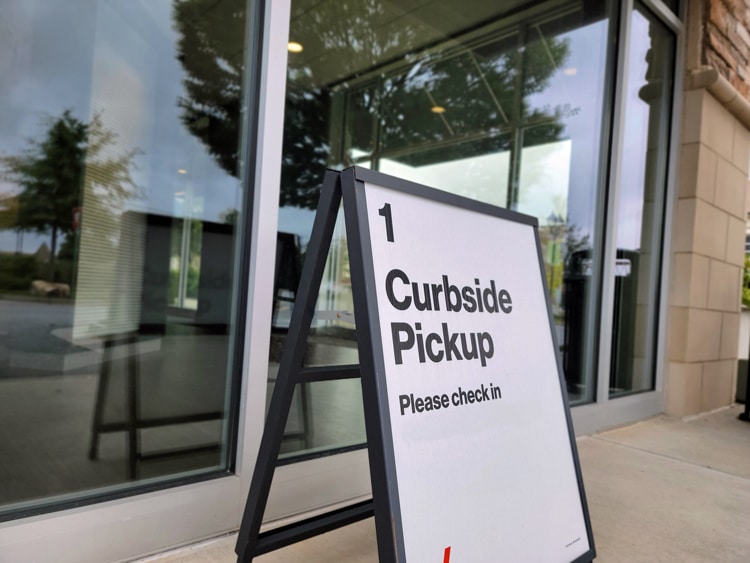Question: How might a business purchase a company vehicle without exposing the business to liability in the event of a collision?
Brief answer: In most cases, it can’t be done. Some may advise you to create a separate limited liability company (hereafter, “LLC”) and allow it to purchase the vehicle. However, as explained below, such an arrangement would likely end up in “veil piercing” and you and your company(s) will still be liable in the end.
I. What happens when a company vehicle is in a collision?
In Georgia, a collision is typically documented by a police officer on a “Georgia Motor Vehicle Crash Report” (hereafter, “the crash report”). The crash report will list things like the insurance company which covers the vehicle, the insurance policy number, the driver at the time of the collision, and the owner of the vehicle.
Here, the crash report will list your LLC as the owner.
Further, if your driver carelessly causes someone to be injured during a collision, you should expect your driver and your company to be sued. The reason: The Plaintiff will likely accuse your driver of some type of negligence (e.g., following to closely, failure to yield, or failure to maintain lane). Next, your company would likely be sued on one or more legal principles such as (1) the theory that your driver was acting on behalf of your company when the collision occurred (i.e., respondeat superior), (2) the theory that your company negligently trained, hired, or supervised the driver, or (3) the Plaintiff might allege that you “negligently entrusted” the driver with the vehicle (e.g., it’s the idea that you knew the driver was generally careless but you gave the driver the keys to the vehicle anyway without regard to the people he may hurt on the road).
There could be other reasons to hold your company liable as well but you should fully expect to see one or more of the legal theories mentioned above cited in the Plaintiff’s demand letter or the Plaintiff’s lawsuit.
II. Reason why having a separate LLC is most likely not going to help
You’ve probably seen videos of celebrities saying things like “just create a bunch of LLCs and hid your assets behind them.” Their theory is that since each LLC is a separate legal entity, a lawsuit against one LLC will not implicate the other LLC. So, in theory, if you create a separate LLC and let it own certain property, then if that particular LLC is sued, your liability will be limited to that particular LLC’s assets.
For example, if “Businessman Brian” owns both (1) Brian’s Barbershop, LLC and (2) Brian’s Bar & Grill, LLC, a lawsuit against the barbershop should not implicate Businessman Brian (in his individual capacity) nor his restaurant. So, in theory, if Brian’s Barbershop is hit with an eight-figure judgment, neither Businessman Brian (as an individual) nor Brian’s Bar & Grill, LLC would have to pay the judgment; only the barbershop—and the assets, insurance policies, bank accounts, and profits of the barbershop—will be subject to the judgement.
However, a lot has to happen for the above-mentioned example involving Businessman Brian to work. For example, each of the above-mentioned businesses will need to be legitimate separate legal entities and Businessman Brian will have to show that he has followed all the corporate formalities for each (e.g., if he’s supposed to have annual meetings with members of the LLC, he actually has to have annual meetings). In addition, Businessman Brian will need to abide by the letter of the law (e.g., register the LLC and treat it as a separate legal entity), demonstrate that he has made a good faith effort to sufficiently capitalize the company which is being sued (e.g., have adequate insurance or other resources), and the LLC cannot otherwise be an illegitimate alter ego of the owner. If not, both Businessman Brian and his restaurant may be subject to “veil piercing” and thus be liable for any harm caused to the Plaintiff.
III. Piercing the corporate veil
In a nutshell, “sham” LLCs—such as the ones you sometimes hear celebrities talking about hiding their assets behind—are not a new concept and are not supported by courts. So, if you create an LLC which doesn’t actually do any business, is undercapitalized, and doesn’t follow the corporate formalities, the court may determine that the LLC is really a sham. If that happens, you can expect that you—and maybe even your other business—will be liable under the concept known as “piercing the corporate veil.”
“Veil piercing” is the act of allowing a Plaintiff to go beyond the assets of the LLC and seek the assets, money, and bank accounts of the owner of the LLC.
IV. Summary
So, if your driver is driving a vehicle owned by a sham LLC which is nothing more than your alter ego, you shouldn’t expect much protection from the LLC. The mostly likely outcome: First, the Plaintiff’s lawyer will review the police report and learn that the vehicle is owned by your LLC. Next, your driver and your LLC will most likely be sued under one of the negligence theories mentioned above. If it’s determined that your LLC is just your alter ego or a sham, you should expect the court to allow the Plaintiff to obtain a judgment against you and your personal bank accounts, personal assets, and possibly even your other businesses.


